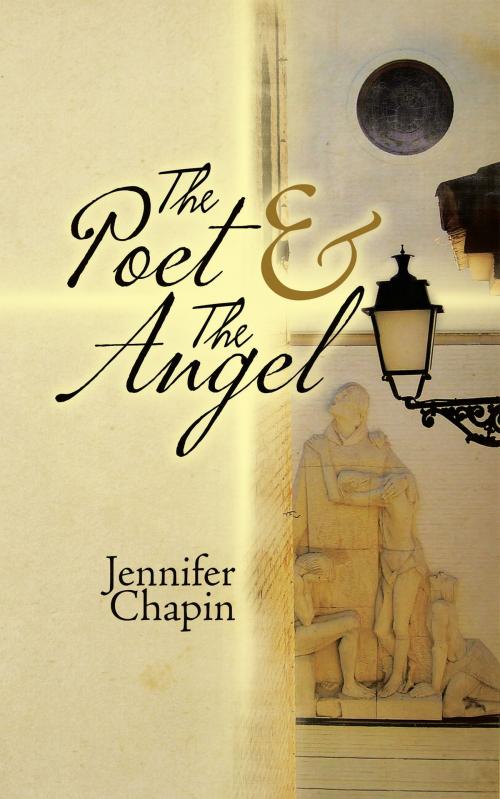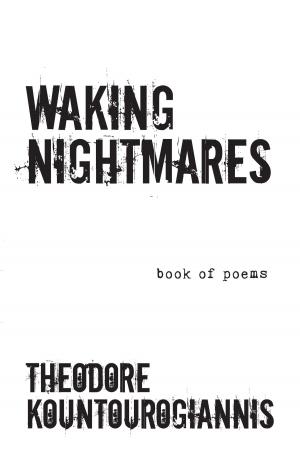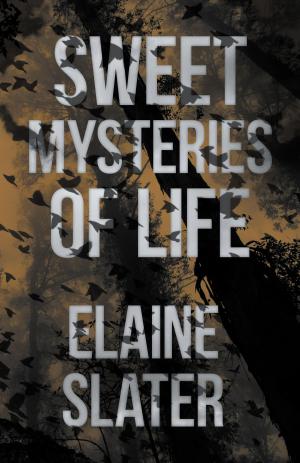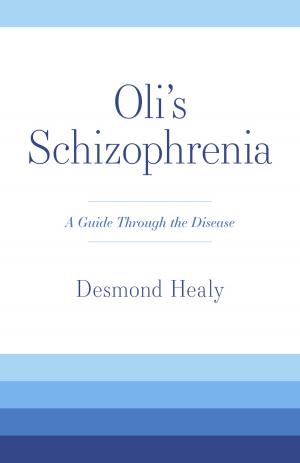| Author: | Jennifer Chapin | ISBN: | 9780228811749 |
| Publisher: | Tellwell Talent | Publication: | April 2, 2019 |
| Imprint: | Tellwell Talent | Language: | English |
| Author: | Jennifer Chapin |
| ISBN: | 9780228811749 |
| Publisher: | Tellwell Talent |
| Publication: | April 2, 2019 |
| Imprint: | Tellwell Talent |
| Language: | English |
Revolutionary poet Federico Garcia Lorca was murdered by the Fascists in August of 1936. Like thousands of others lost in the Spanish Civil War, his body, consigned to an unmarked grave, was never found. The general who signed his death warrant justified his action by claiming that Lorca's words were more powerful than ten thousand guns. In his poetry, his plays and in his life, Lorca was very outspoken against the regime and its allies, the Catholic Church.
He once wrote that "In Spain the dead are more alive than the dead in any other country of the world." In saying this, he immortalized himself. The quest to find him, to find his grave, and to understand the rich nuances of his words, continues to this day.
In this novella set in contemporary Spain, Angelina, a girl of eight, finds Lorca's weeping spirit huddled beside a fountain in the heart of Granada. Because of his ignominious death, he is paralyzed and cannot leave the city where he was raised and ultimately executed. She befriends him, and in this elegy of love and redemption, Lorca finds his voice once more.
In the time that he spends with Angelina, he also finds a friendship that heals them both.
Revolutionary poet Federico Garcia Lorca was murdered by the Fascists in August of 1936. Like thousands of others lost in the Spanish Civil War, his body, consigned to an unmarked grave, was never found. The general who signed his death warrant justified his action by claiming that Lorca's words were more powerful than ten thousand guns. In his poetry, his plays and in his life, Lorca was very outspoken against the regime and its allies, the Catholic Church.
He once wrote that "In Spain the dead are more alive than the dead in any other country of the world." In saying this, he immortalized himself. The quest to find him, to find his grave, and to understand the rich nuances of his words, continues to this day.
In this novella set in contemporary Spain, Angelina, a girl of eight, finds Lorca's weeping spirit huddled beside a fountain in the heart of Granada. Because of his ignominious death, he is paralyzed and cannot leave the city where he was raised and ultimately executed. She befriends him, and in this elegy of love and redemption, Lorca finds his voice once more.
In the time that he spends with Angelina, he also finds a friendship that heals them both.















